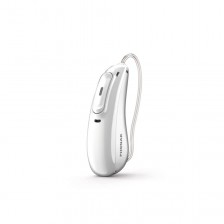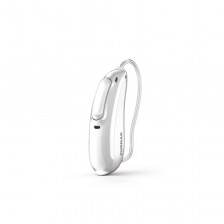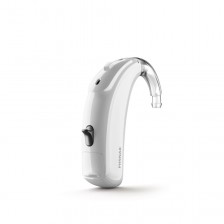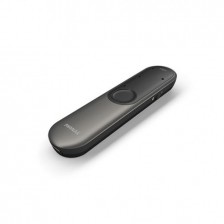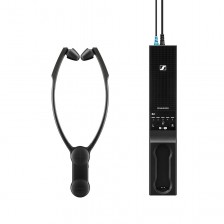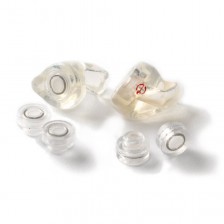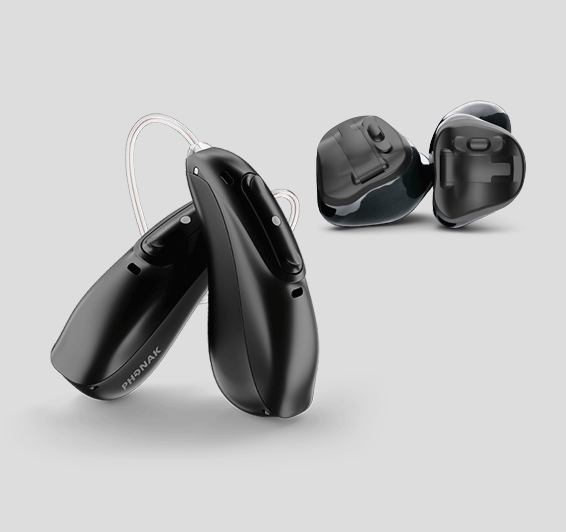I think I'm getting deaf


Prelingual or post-lingual deafness
Failing to hear well or being deaf are two terms that are often used but don't refer exactly to the same. The issue of deafness will be discussed in another post, but today we want to tell you about the difference between prelingual and post-lingual hearing loss.
The main difference is that the first group of people has learned to speak with prelingual hearing loss and the second group, the post-lingual, "has become deaf" -as it is said colloquially-, after having learned to speak by listening to all the sounds and noises. Although the difference is relevant between the two groups, both share one common point: hearing loss is always being modified. That is, it either stabilizes or goes down. That is why from where we are we always insist that it is very important to make regular check-ups.
We learn to speak by imitation, so it is normal for people with prelingual hearing loss to have more difficulty reproducing the sounds or to imitate them as they sound. This group of people usually have support to learn to pronounce the sounds: sessions to the speech therapist or even professionals who form and give resources to speak and also to learn the language of signs.
People with post-lingual hearing loss, in medical terminology, are encompassed in what is known as "hearing loss". Hearing loss is the term that defines hearing impairment and within this group, the most common cause of post-lingual hearing loss is called presbycusis.
But what is presbycusis? It is the progressive loss of hearing because of aging with the consequent deterioration of the auditory system and it usually appears after the age of 55. Although hearing loss from the age of about 55 is the most common, there are other reasons that may cause a person to stop listening well, and therefore, fall into the "post-lingual" hearing loss group:
- By the intaking of a medication.
- The explosion of a firecracker or hearing a very strident sound.
- Repeated exposure to loud sounds, such as people working in factories.
- Using headphones with too much volume.
- Etc.
These are just a few causes that can trigger hearing loss, although there are more.
Our intention in this post has been to explain a little more the differences between prelingual and post-lingual hearing loss with the idea that if you identify with either of them and occasionally feel a certain anguish, you don't have to worry. Technology has advanced a lot and today there are many resources and professionals who give support to facilitate the fact of listening well or better.
